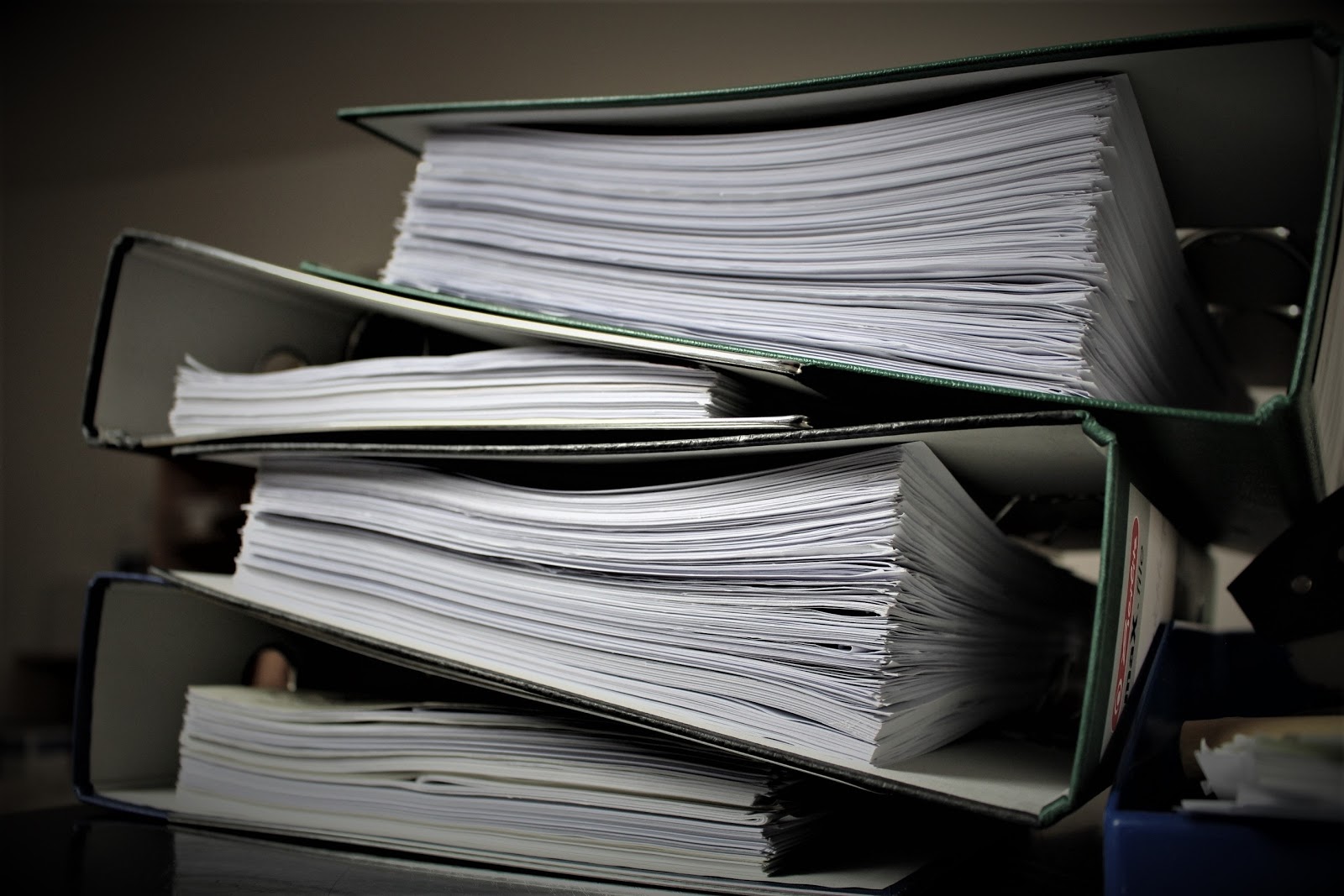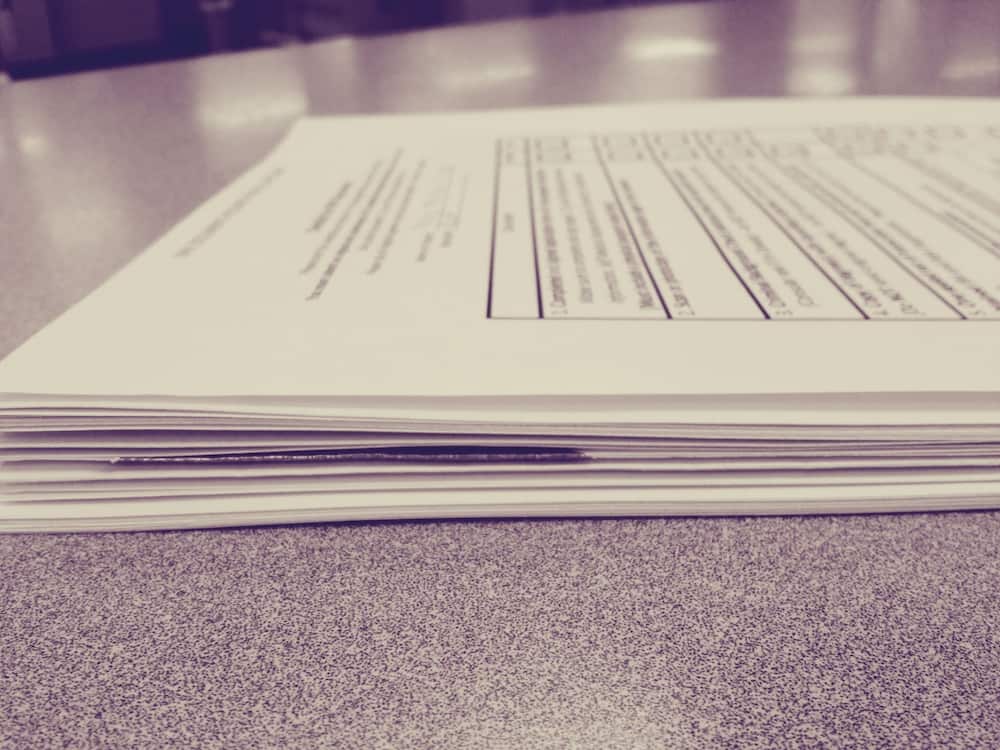Essential Paperwork to Secure Your Dream House

The Importance of Paperwork in Home Buying

In the journey to secure your dream home, paperwork plays a pivotal role. Whether you’re navigating the mortgage application or dealing with property transfer documents, understanding what to prepare, when to submit, and how to handle these documents is crucial. This guide will walk you through the essential paperwork, offering insights on why each document is vital and how to manage them efficiently.
Pre-Approval Documents

Before you even start looking at homes, obtaining mortgage pre-approval is a must. Here’s what you’ll need:
- Proof of Identity - A driver’s license or passport.
- Proof of Income - Recent pay stubs, W-2 forms, and tax returns for the past two years.
- Employment Verification - A letter from your employer or recent pay stubs showing employment status.
- Financial Statements - Bank statements, investment accounts, and retirement account information.
- Credit Report - Lenders will pull your credit report, but you should also check your score and history to prepare.
🔍 Note: Ensure all documents are current. Outdated or altered documents can cause delays or rejections during the pre-approval process.
Offer and Purchase Agreement

Once you find your dream home, making an offer involves several documents:
- Purchase Agreement - This legally binding document outlines the terms of sale, including price, conditions, and deadlines.
- Escrow Instructions - Instructions for the escrow agent regarding how the sale will be managed.
- Good Faith Estimate - An estimate of costs related to closing on the property.
Financing Documents

Once your offer is accepted, you’ll move towards finalizing the mortgage:
- Loan Application - The Uniform Residential Loan Application (URLA) needs to be filled out accurately.
- Disclosures - Various required disclosures like Loan Estimate, Closing Disclosure, and Home Ownership and Equity Protection Act (HOEPA) notices.
- Appraisal Report - Lenders require an independent appraisal to confirm the property’s value.
Home Inspection and Other Contingencies

Contingencies protect your investment by allowing you to back out of the deal if certain conditions aren’t met:
- Home Inspection Report - This assesses the property’s condition and highlights necessary repairs.
- Pest Inspection - Checks for any wood-destroying organisms like termites.
- Sale of Buyer’s Home - If your offer includes this contingency, you’ll need to provide evidence of your current home’s sale.
| Document | Purpose | Who Provides |
|---|---|---|
| Purchase Agreement | Defines sale terms | Buyer/Seller |
| Appraisal Report | Determines property value | Lender |
| Home Inspection Report | Assesses property condition | Hired Inspector |

📝 Note: Keep all documents organized and easily accessible. A binder or digital folder can help streamline the process.
Closing Documents

As you approach the closing, prepare these documents:
- Settlement Statement (HUD-1 or Closing Disclosure) - Details all financial transactions during closing.
- Promissory Note - The legal promise to repay the loan.
- Deed - The document that transfers property ownership from seller to buyer.
- Title Insurance - Protects against defects in the title.
Post-Closing Paperwork

Your work doesn’t end with the closing:
- Homeowners Insurance Policy - Ensure you have coverage effective from the closing date.
- Mortgage Insurance - If your down payment was less than 20%, you’ll need this.
- Home Warranty - Optional, but covers major systems and appliances.
Securing your dream home involves navigating a maze of documents, each with its purpose and importance. Understanding what each piece of paperwork entails, and preparing them thoroughly, can significantly ease the home buying process. From pre-approval to post-closing, every step requires meticulous attention to detail, ensuring that when you finally hold the keys to your new home, there are no unwelcome surprises.
Why is mortgage pre-approval so important?

+
Mortgage pre-approval is crucial as it shows sellers that you are a serious buyer with the financial backing to purchase the property. It also helps set a realistic budget for your home search.
What if my home doesn’t pass the inspection?

+
If your home inspection reveals issues, you can negotiate repairs with the seller, request a credit to cover repair costs, or in severe cases, back out of the purchase without losing your earnest money.
What happens if I’m late with submitting required documents?

+
Delays in submitting documents can delay the closing process, potentially causing issues with your mortgage rate lock or the agreed-upon closing date. Promptness is key in maintaining the deal’s timeline.
Can I back out of a home purchase after signing documents?

+
Yes, depending on the contingencies written into your purchase agreement. Contingencies like home sale, inspection, or financing allow you to back out under specific conditions without forfeiting your earnest money.